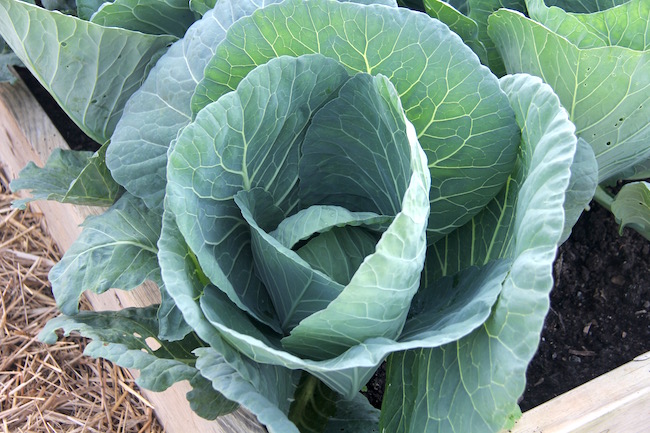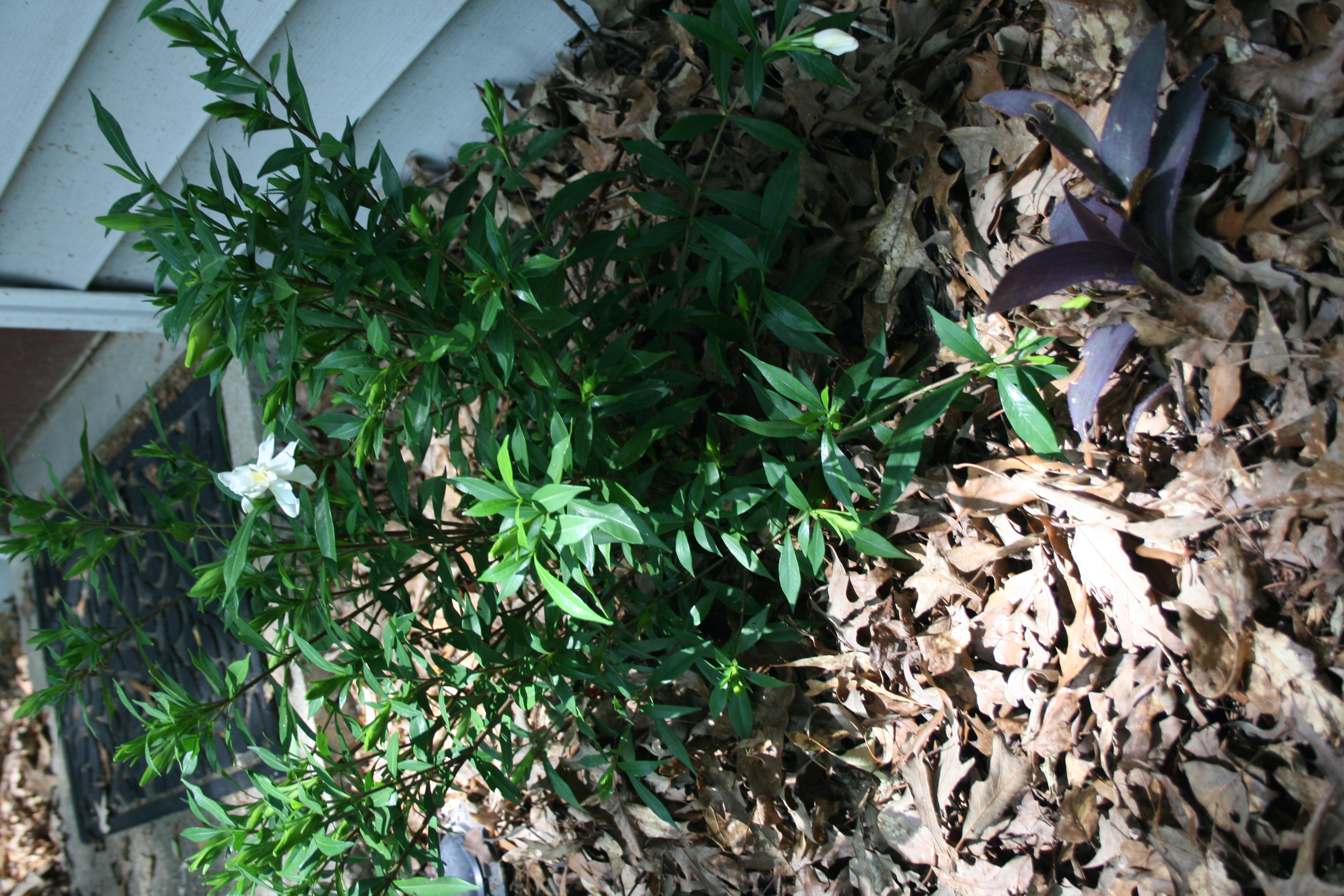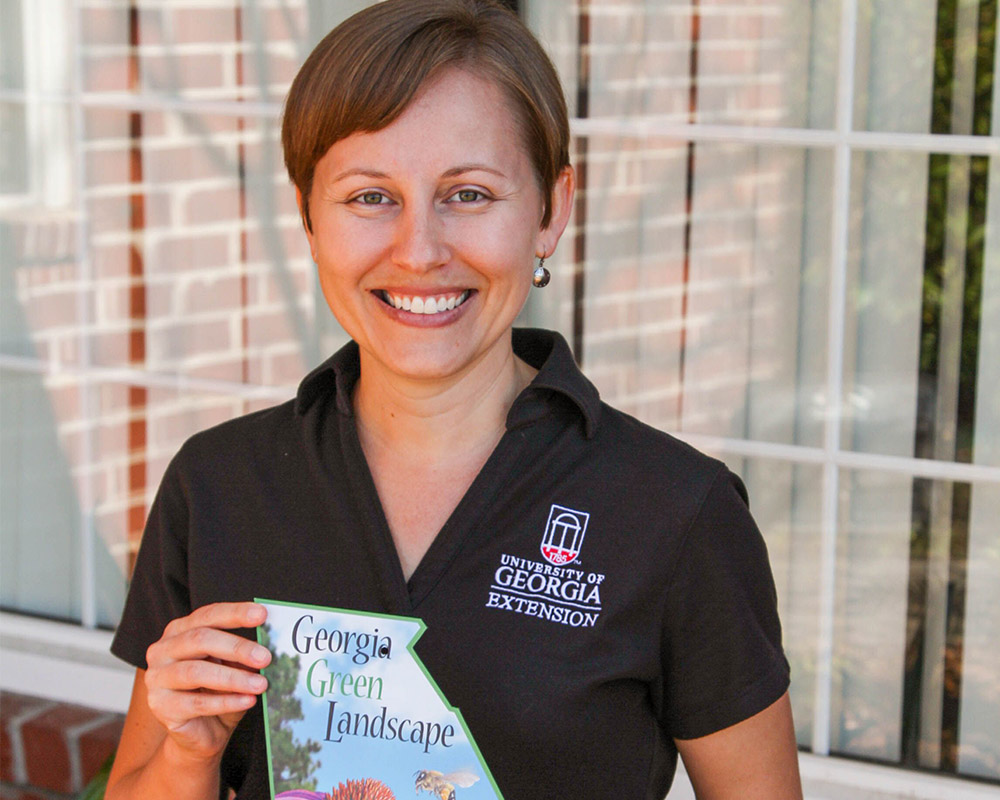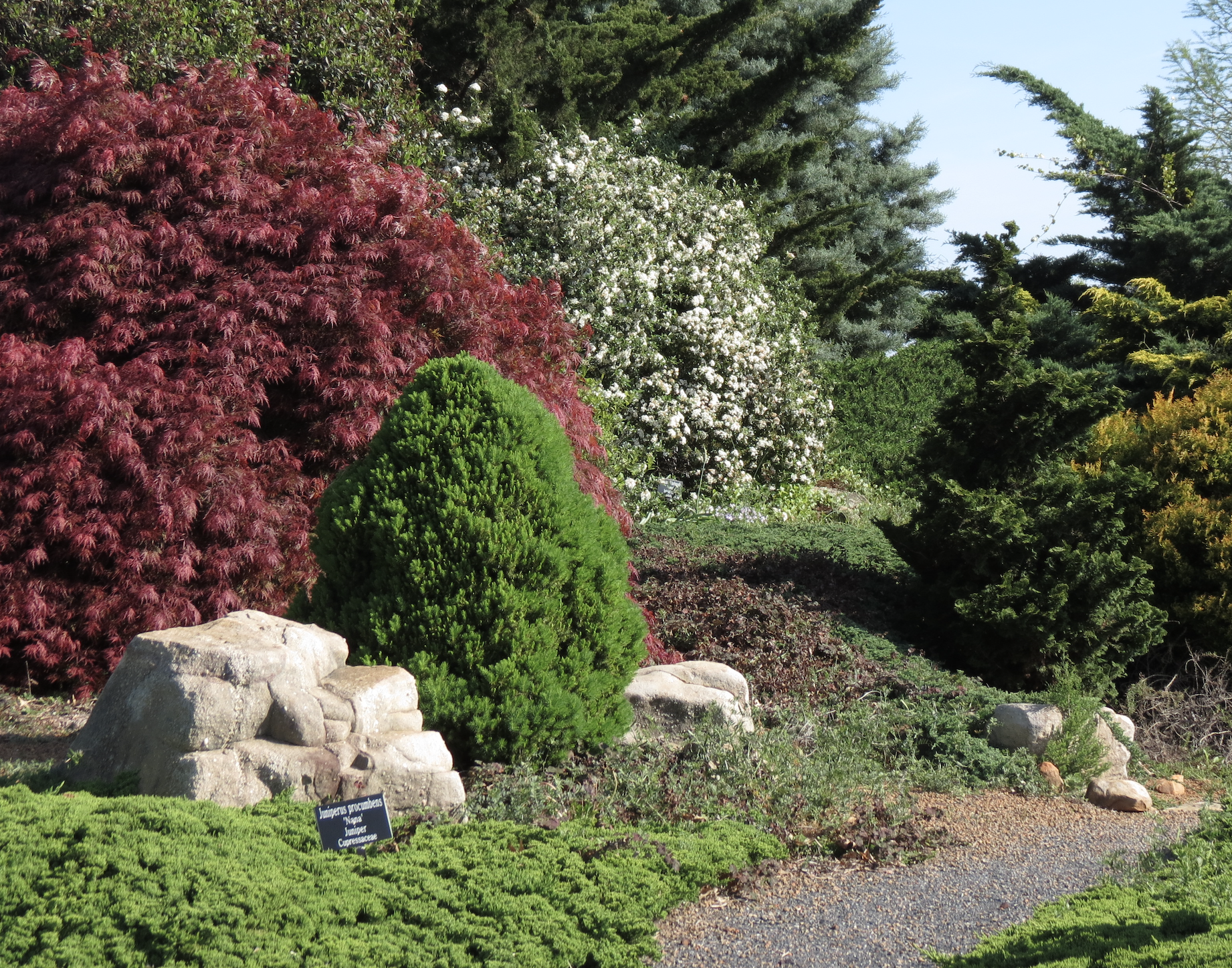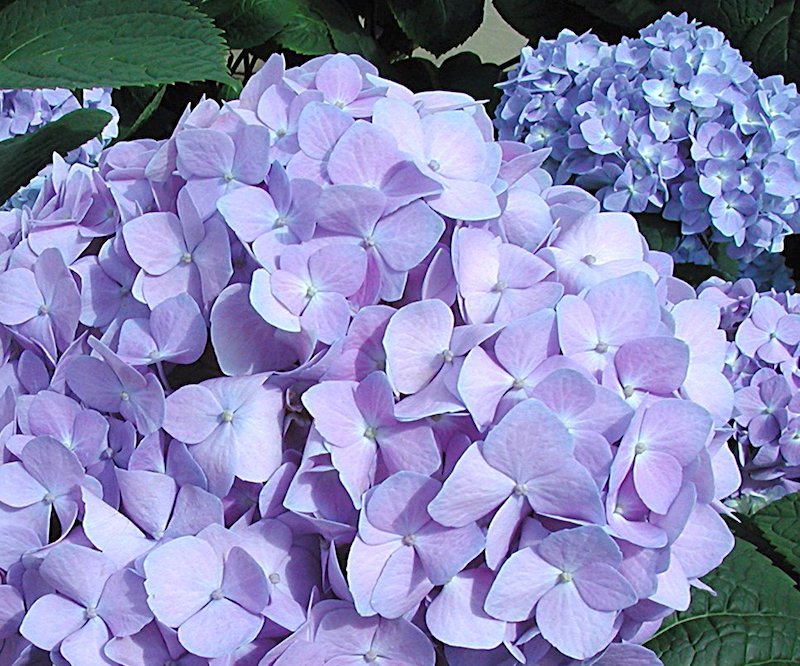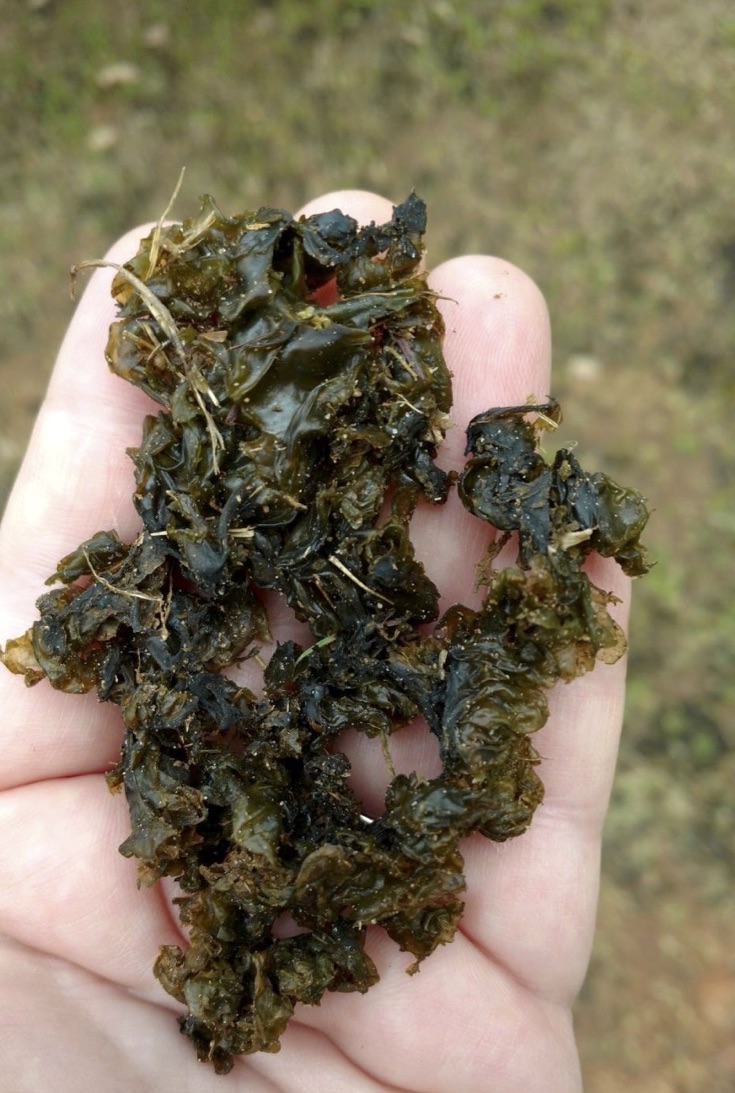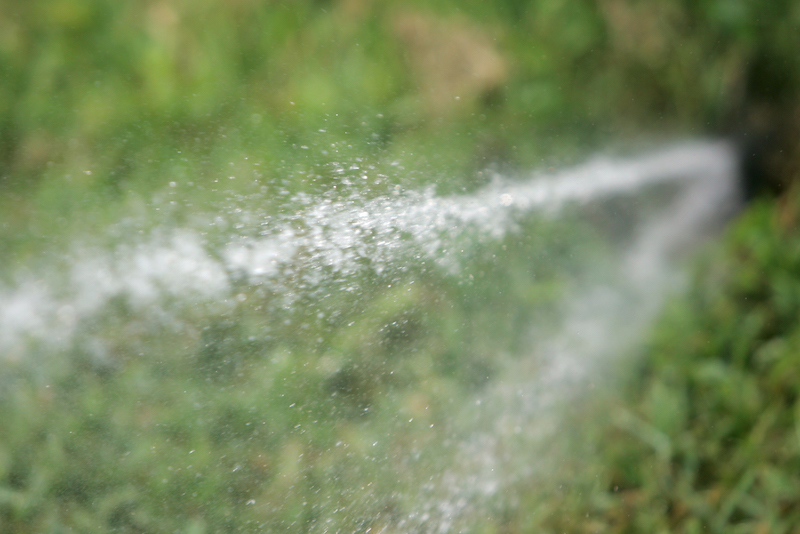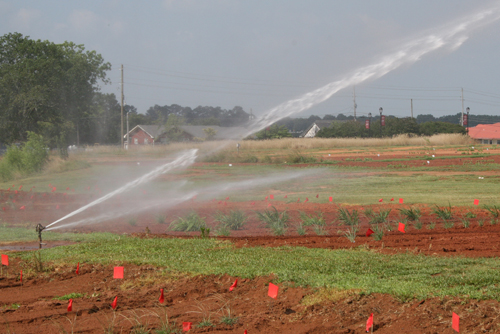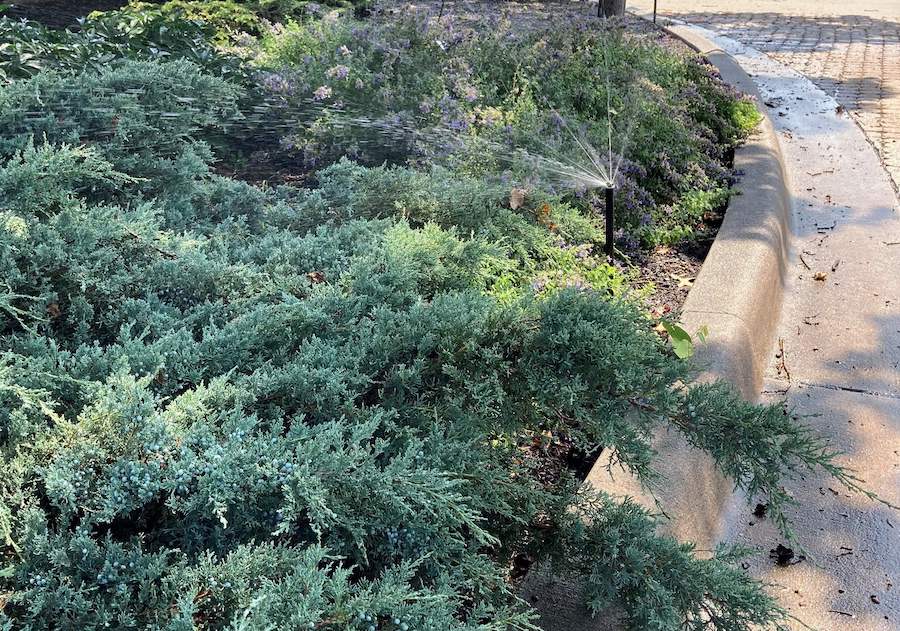 CAES News
CAES News
Summer Irrigation
As summer heats up, Georgians tend to worry about how hot it’s going to be and how dry. To properly care for the plants in our landscapes and gardens this Smart Irrigation Month, residents need to pay a little extra attention to temperatures and rainfall in order to supplement water when needed.


